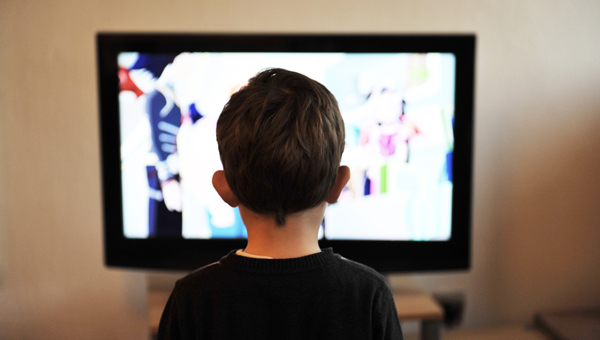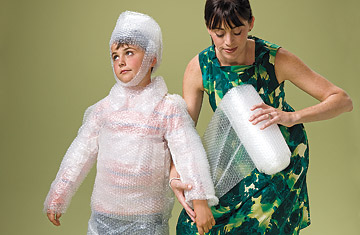How To Prevent After School Meltdowns

School is back in session and parents are blissfully waiting for their child’s return home from school…until a fire breathing dragon returns rather than your child!
Meltdowns after a long (or short) school day is a legitimate problem. So much so that it has a name: Coined after-school restraint collapse by Andrea Loewen Nair.
What’s most frustrating for parents is that these children have usually been angels at school, getting glowing reviews from their teachers.
They have followed directions, been good leaders, helped others, and worked hard. Then the moment they get home they become complete and total hot messes!
The Symptoms Are Not All The Same...
Some kids withdraw or become weepy while others scream, throw things, and become generally unreasonable.
Children who are dubbed as sensitive or intense are more susceptible to after-school restraint collapse.
The meltdowns are more common during the first few months of school starting but can last all year.
So Why Does It Happen?
There are a few theories out there.
One is that children have spent all day keeping it together (following directions, learning new information, meeting new adults and peers) and are depleted by the time they get home.
Home is also a key word: Its only natural for kids to release their emotional, mental, and physical energy in their safe space.
Another theory is rooted in attachment.
Attachment is formed between birth and two years. Children become accustomed and dependent of their needs being met (appropriately) by an adult caregiver.
They learn that this is “their person” who helps in times of need. So, after a long day at school when their need for you can be high and you weren’t able to be there, they lose it when they see you.
The result is a major meltdown or what’s professionally known as a defensive detachment.
It’s important to note that these outbursts are not tantrums where your child is testing boundaries or trying to get their way.
The after-school restraint collapse is exactly that—a collapse, or meltdown, because your child is so emotionally overwhelmed that they can no longer keep it together.
How to regain sanity for yourself and your child:
- Make room for the meltdown.
- Validate and even label their feelings for them. For example, “Today was a tough day.”
- Talk less! Parents tend to ask too many questions after school. Try to limit this, after all, your child probably spent most of the day at school answering questions! Ask, “Is there anything you want to tell me about your day?” instead and be ready to accept the “No” from your child.
- When your child is calm try asking, “I’ve noticed that ___ (fill in the blank with the behavior or mood you are seeing) what’s up?” This may help to get your child talking about how they are feeling or what they are thinking.
- Find a way for your child to decompress at the end of the school day. Maybe it’s riding a bike, telling jokes, coloring, listening to music, or literally doing nothing. Humans thrive off predictable routines so establish a consistent decompression routine.
- Hangry is a real thing! Be prepared with a healthy snack after school. Kids need to refuel!
- Use screen time as a last resort to decompress.
- Find simple ways to reconnect or stay connected with your child during the day:
- Leave a note in their lunch box
- Focus on the hello not the good-bye. This means to keep their brain thinking about seeing you again and on what happens after school. Say something like, “Have a great day, when you get home we can go to the park (or whatever they look forward to).”
- Stick with a normal bedtime routine. Schedules can get so busy that bedtime is often rushed through in order to beat the clock. This too can stress kids out, take the time to go through the bedtime routine.
If you want to discuss this topic further, please contact Dr. Kristin Rose at DrRose@RoseTherapyCenter.com



